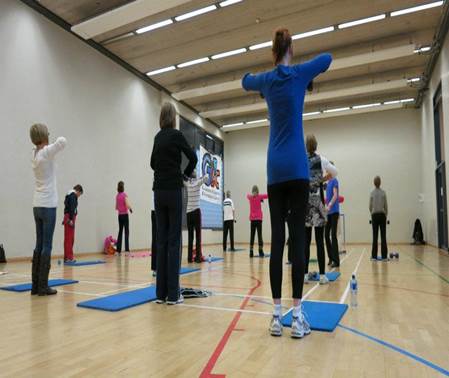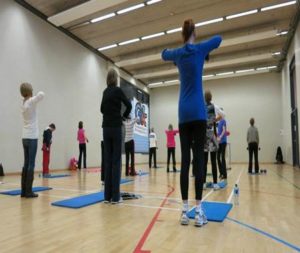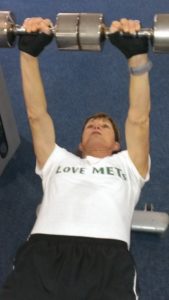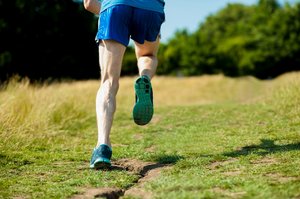A balance between exercise and food intake is essential, as this helps maintain muscle strength and healthy body weight. At least 30 minutes of moderate physical activity, such as walking, is recommended daily to raise your metabolism 3-4 times its resting state. See Know your METs for prevention of disease.
A healthy diet should include a wide variety of nutritious foods for sufficient intake of all nutrients, including vitamin and minerals. Foods to include are vegetables, fruits, grains, beans, fish – a diet low in fat and high in fibre. A healthy diet can help you maintain a healthy weight and decrease your risk of many diet-related chronic diseases, such as cardiovascular disease, type 2 diabetes and some cancers.
Tips to incorporate into your diet:
- Plenty of whole grains, fruits, vegetables, legumes such as lentils, chickpeas, red kidney beans.
- Low salt foods.
- Small amounts of food that contain added sugar.
- Reduced-fat milk and other dairy products.
- Eat a minimum of animal foods (less than 10% of daily caloric intake).
- Adequate daily amount of water (Men 3L Women 2L).
To get started on a walking programme today click link below:
15 weeks training schedule (Beginner level)
You may consider analysing your diet to know if your nutrition is balanced. Whether you want to lose weight, tone up or optimise your performance, your daily nutrition needs to provide you with the right amount, type and timing of food.
For more information, contact Marie at marie@mariemurphyhealthfitness.com











 Do not experiment with new foods; Stay with foods that you are familiar with; if it has not been part of your regular daily nutrition chances are it will do more harm than good.
Do not experiment with new foods; Stay with foods that you are familiar with; if it has not been part of your regular daily nutrition chances are it will do more harm than good. Low glycaemic carbohydrates at breakfast; Overnight fasting reduces liver glycogen. Carbohydrates with low or moderate ratings on the glycaemic index (GI) are the preferred type of carbohydrate for consumption 3-5 hours before your marathon (e.g. oatmeal, porridge, banana, orange juice, grapes, whole meal bread, and yoghurt).
Low glycaemic carbohydrates at breakfast; Overnight fasting reduces liver glycogen. Carbohydrates with low or moderate ratings on the glycaemic index (GI) are the preferred type of carbohydrate for consumption 3-5 hours before your marathon (e.g. oatmeal, porridge, banana, orange juice, grapes, whole meal bread, and yoghurt).



 of the diverse challenges life throws out, but it is the positive things that come from our adversities that shapes us. Cathy’s book is full of inspiration and I’m sure it will bring strength and courage to all who read it.
of the diverse challenges life throws out, but it is the positive things that come from our adversities that shapes us. Cathy’s book is full of inspiration and I’m sure it will bring strength and courage to all who read it.

 Standard metabolic equivalent (MET) is a unit used to estimate the amount of oxygen used by the body during physical activity. 1 MET = the energy (oxygen) used by the body at rest, while sitting quietly or laying down. The harder your body works during an activity, the more oxygen is consumed and the higher the MET level you are performing at.
Standard metabolic equivalent (MET) is a unit used to estimate the amount of oxygen used by the body during physical activity. 1 MET = the energy (oxygen) used by the body at rest, while sitting quietly or laying down. The harder your body works during an activity, the more oxygen is consumed and the higher the MET level you are performing at.
